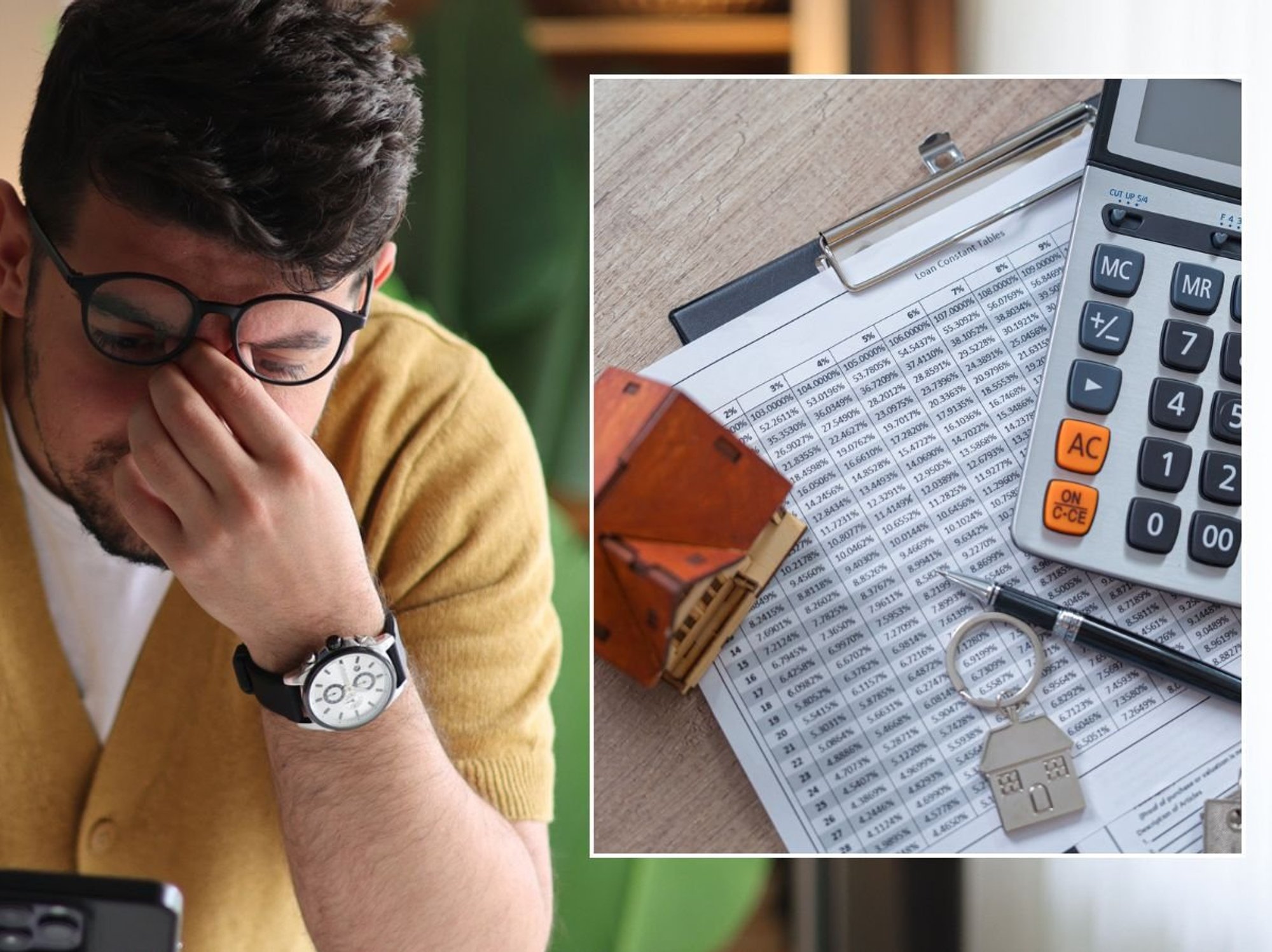Driving law changes launching in October will see new medical licence rules, parking measures and more

Britons could benefit from fairer parking rules next month
Don't Miss
Most Read
Latest
Motorists are being warned of the latest driving law changes set to be introduced over the coming weeks which could see them need to make changes to their licence or see the cost of their trip to the filling station increase.
Labour's first Budget is sure to make a splash with motorists as prices could rise, in addition to certain Britons potentially needing to make safety improvements to their vehicles.
With the new rules being introduced over the next few weeks, GB News has rounded up the most important driving law changes in October that could impact you.
Do you have a story you'd like to share? Get in touch by emailing motoring@gbnews.uk
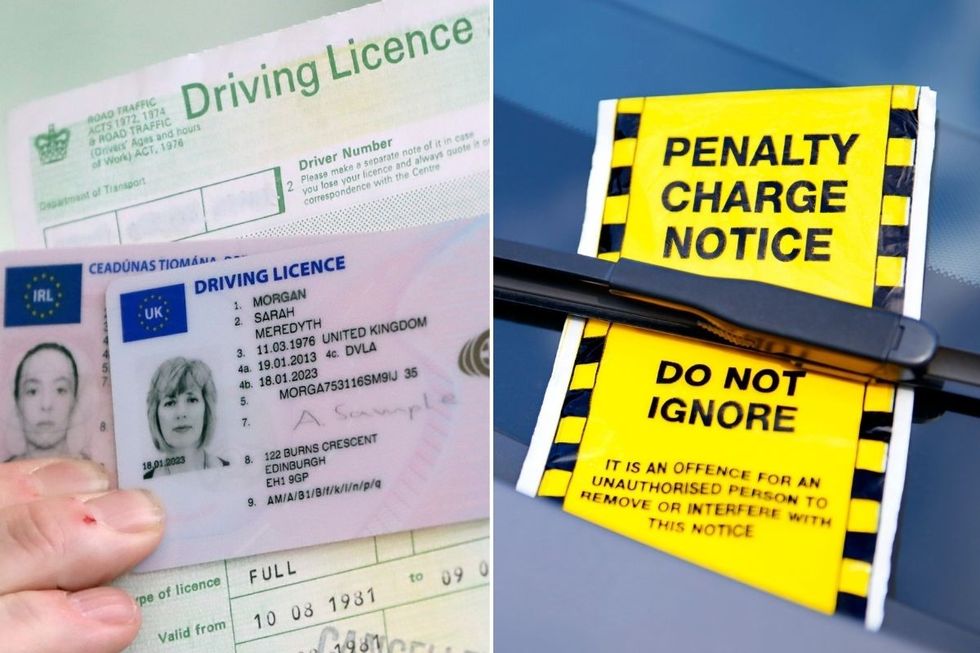 New rules in October could impact drivers when parking or reapplying for their licence | PA/GETTY
New rules in October could impact drivers when parking or reapplying for their licence | PA/GETTYParking
The new Private Parking Sector Single Code of Practice will officially be implemented at the start of October to create a fairer environment for motorists.
The Code, which has been created by the BPA (British Parking Association) and the IPC (International Parking Community), aims to raise standards and deliver transparency and consistency for motorists.
One of the biggest changes as part of the Code is the mandate of a 10-minute grace period for drivers, allowing them to avoid fines if they have accidentally overstayed their time by a few minutes.
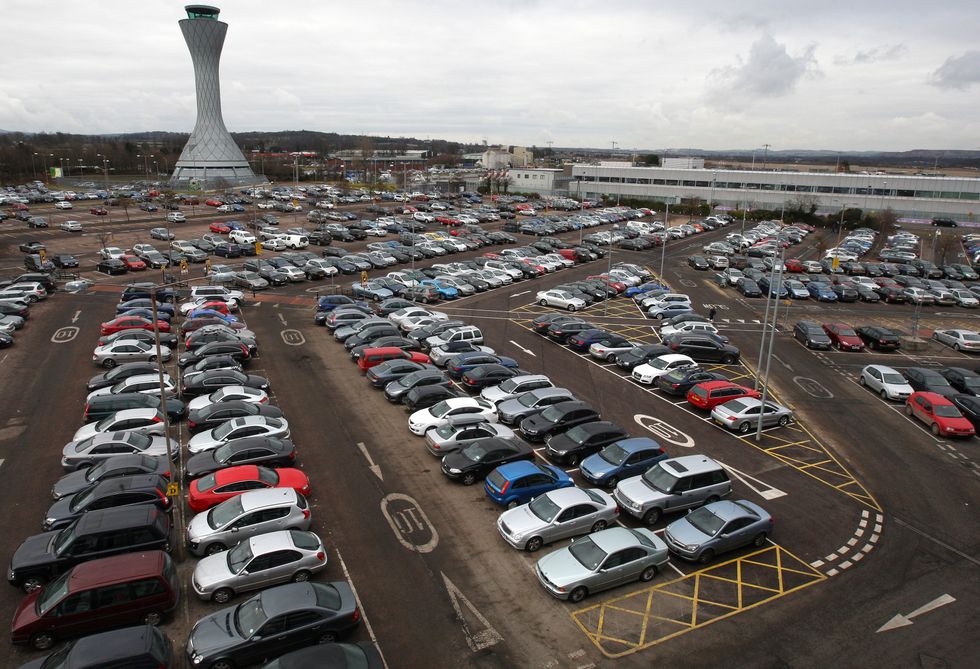
The new parking rules are being rolled out on October 1
| PAThe Code also looks to ensure the protection of the most vulnerable in society, including protecting Blue Badge bays and cracking down on selfish drivers.
Other key changes include consistent signage standards, a single set of rules for all parking operators on private land and an appeals charter for those who receive parking charges with mitigating circumstances.
Commenting on the Code, BPA chief executive Andrew Pester, said: "This is a crucial milestone as we work closely with Government, consumer bodies and others to deliver fairer and more consistent parking standards for motorists."
While the Code will be implemented from October 1, 2024, existing sites are expected to bring their signage and be within full compliance by late 2026.
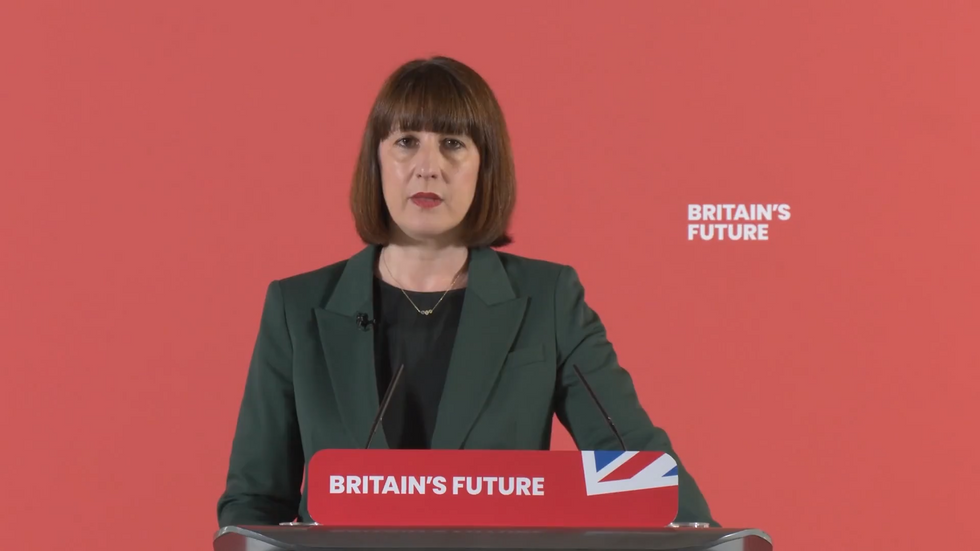 Chancellor Rachel Reeves will deliver the Budget on October 30 | POOL
Chancellor Rachel Reeves will deliver the Budget on October 30 | POOLBudget
Chancellor Rachel Reeves will deliver Labour's first Budget on October 30 and Britons are being told to prepare themselves for tough listening, according to Reeves and Prime Minister Keir Starmer.
Labour has consistently explained that difficult decisions will have to be made to raise money to address the £22billion black hole left by the previous Conservative Goverment.
Many have suggested that fuel duty could be one of the policy choices made by Labour to deal retrieve finances. The decision has split opinions among drivers and motoring experts.
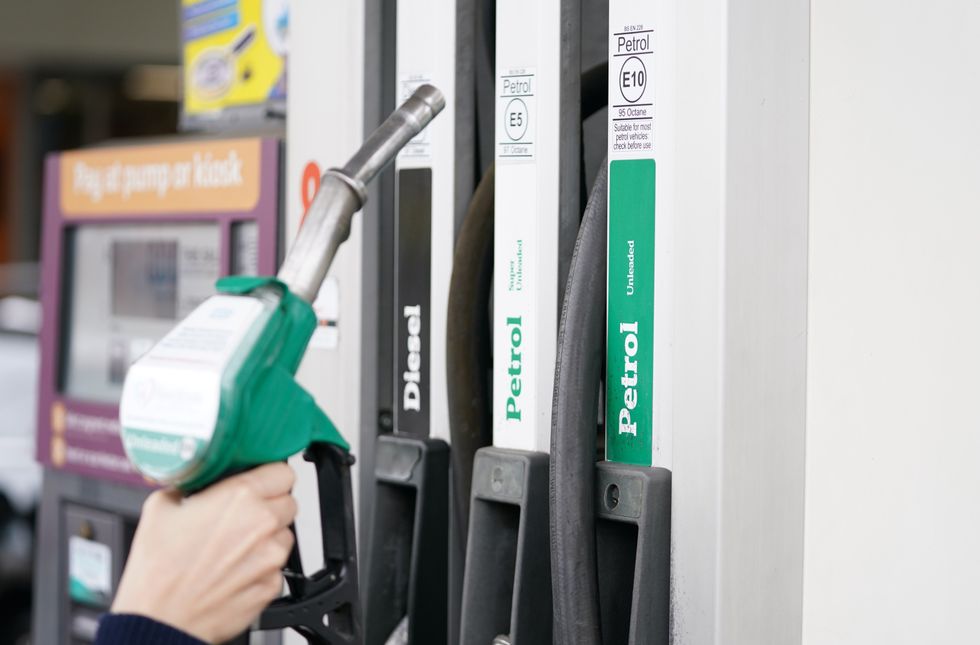 Drivers were overcharged more than £1.6billion at the pumps last year | PA
Drivers were overcharged more than £1.6billion at the pumps last year | PAIn 2021, then-Chancellor Rishi Sunak was the first to introduce the five pence per litre fuel duty cut to deal with high petrol and diesel prices following the Russian invasion of Ukraine.
This was extended most recently in March 2024 by Jeremy Hunt who said drivers still needed help at the pumps, with the policy set to expire in March next year.
Some have suggested that Labour could scrap the rule to claw money back, especially since petrol and diesel prices have fallen to their lowest rate since 2021.
Others have also suggested that the Labour Government could introduce a road pricing system, such as a pay-per-mile scheme, to deal with motoring taxation, although this would likely take longer to introduce.
LATEST DEVELOPMENTS:
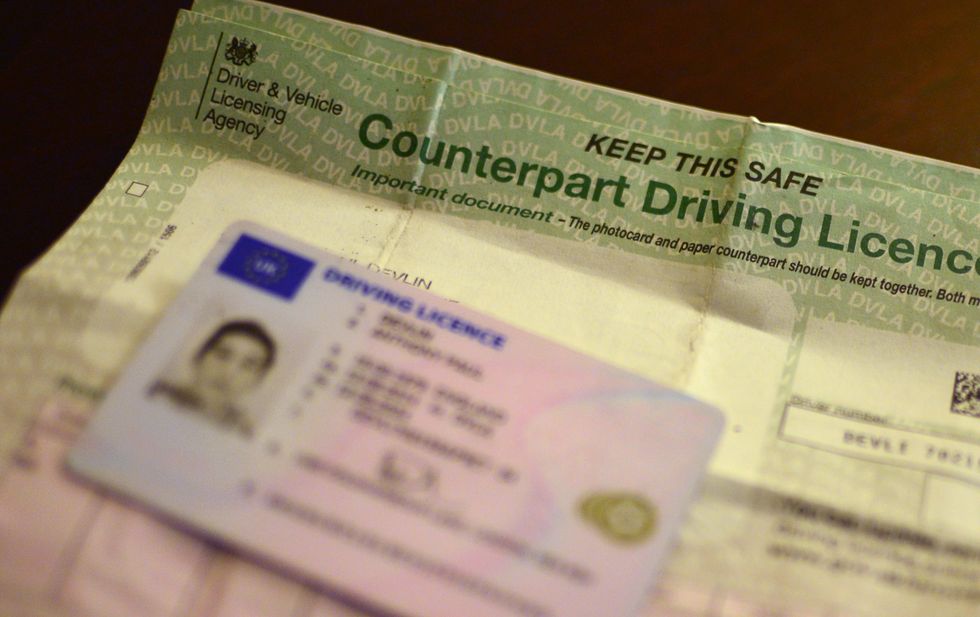
Motorists in Jersey may need to make changes to their medical licences
| PAMedical licences
October 5 will mark a change in medical standards and medical certificate requirements for Jersey driving licences, making them similar to the UK and European Union.
Changes include when someone needs to submit a medical certificate, their driving licence validity period and the requirements for some medical conditions.
Medical standards will also change for those who suffer from poor vision, epilepsy and seizures, and diabetes. All drivers are advised to check the new rules on the Jersey Government website.

New Transport for London rules for HGVs will be introduced in October
| PAHGV standards
From October 28, HGVs over 12 tonnes will require a minimum three-star Direct Vision Standard (DVS) rating or to fit the updated system of enhanced safety features - the Progressive Safe System (PSS) - in order to operate in Greater London.
According to the European Commission, the DVS and PSS requirements, alongside other measures being introduced, could save an estimated 25,000 lives by 2038.
However, the industry will be given a grace period to ensure their vehicles comply with the new Progressive Safe System.







